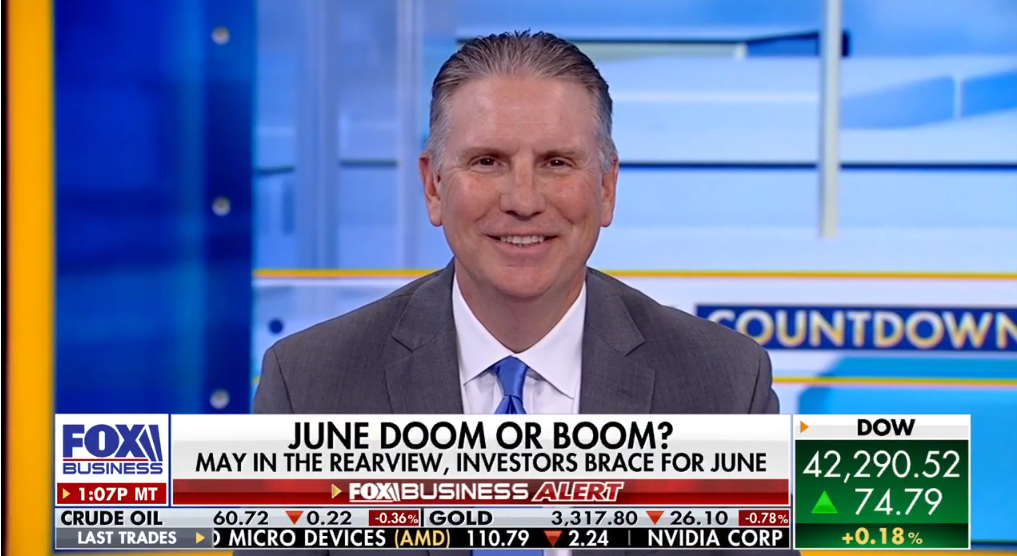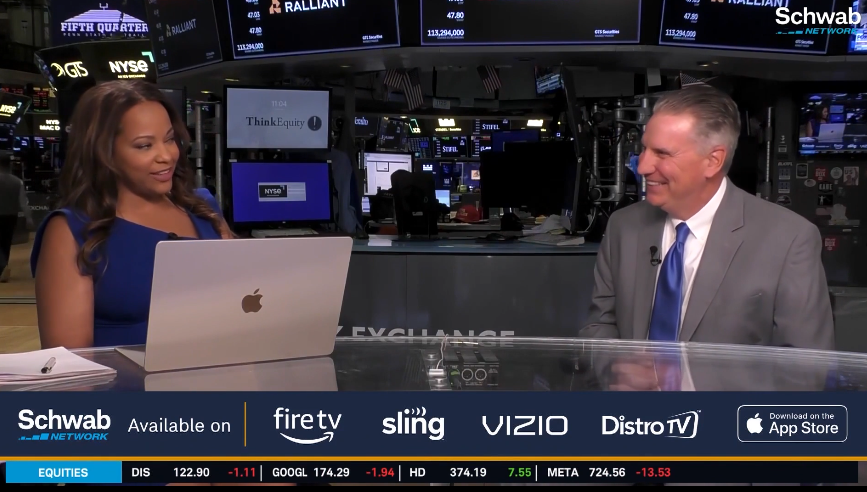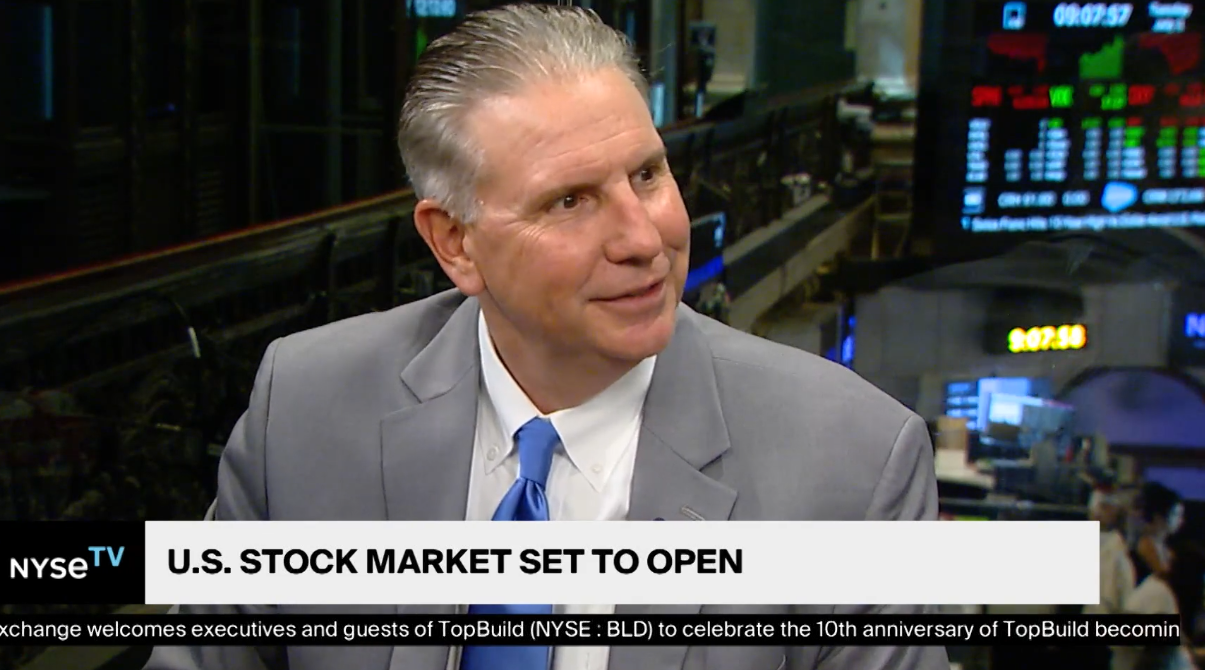
GDP & Earnings Bounce Markets Ahead of Election

Global equity markets finished lower for the week. In the U.S., the S&P 500 Index closed the week at a level of 5729, representing a decline of 1.35%, while the Russell Midcap Index moved -1.26% last week. Meanwhile, the Russell 2000 Index, a measure of the Nation’s smallest publicly traded firms, returned 0.11% over the week. As developed international equity performance and emerging markets were lower, returning -1.05% and -1.08%, respectively. Finally, the 10-year U.S. Treasury yield moved higher, closing the week at 4.38%.
Equity markets took a tumble last week as investors digested the final push of economic data ahead of the Federal Reserve’s second-to-last interest rate decision of the year and the highly anticipated General Election in the U.S. To add more fuel to the fire, mega-cap companies like Apple, Microsoft, Google, and Amazon reported earnings last week, with traders digesting whether the newest earnings data would support high relative valuations of these companies, further backing the momentum of artificial intelligence (A.I.) driven performance over the past 2 years.
In the 3rd quarter, the economy grew by a 2.8% annualized pace, below both the 3.1% estimate and the 3.0% reading that we received for the second quarter of 2024. While the pace appears to be slowing, the report does confirm that the U.S. economy remains relatively resilient despite tight monetary policy by the Federal Reserve. In positive news for the Fed, the unemployment rate remained at 4.1%, which was in line with economist expectations, despite a 46,000-job loss in the manufacturing sector that was hit by a 44,000 employee layoff from Boeing. In conjunction, the personal consumption expenditures index (PCE) rose by 1.5% for the quarter, well below the 2.5% increase from the second quarter. However, core-PCE, which excludes food and energy, rose by 2.7% year-over-year, and PCE rose by 2.1% year-over-year, slightly above the Fed’s long-term target of 2.0%.
As of Friday, nearly 20% of all companies within the S&P 500 index have reported earnings. Among those that have reported, approximately 70% have beaten their earnings estimates, according to FactSet. Among those names are mega-cap tech companies that have been responsible for much of the index’s performance over the past 2 years. Names such as Apple, Microsoft, and Google all beat on both revenues and earnings for the 3rd quarter. Earnings across A.I. influencing companies will continue to be under the radar this week as Nvidia, SuperMirco Computer & Qualcomm have yet to report. Nvidia (who is not scheduled to report earnings until November 20) arguably will be the most-watched stock after its recent addition to the Dow Jones Industrial Index, taking over Intel’s spot and highlighting A.I. technology’s growing market influence.
The upcoming week will be one of, if not the most significant, week of trading in recent history. In addition to the earnings reports previously mentioned, we will also experience a Presidential Election that will result in regime changes regardless of the outcome, along with important policy decisions made by the Federal Reserve later in the week. These changes will likely increase volatility across markets in the short term before easing as the certainty of certain policies becomes more clear.
Best wishes for the week ahead!
Equity and Fixed Income Index returns sourced from Bloomberg on 10/25/24. GDP Data sourced from the Commerce Department on 10/30/24. Unemployment data sourced from the Bureau of Labor Statistics on 11/1/2024. Economic Calendar Data from Econoday as of 11/4/24. International developed markets are measured by the MSCI EAFE Index, emerging markets are measured by the MSCI EM Index, and U.S. Large Caps are defined by the S&P 500 Index. Sector performance is measured using the GICS methodology.
Disclosures: Past performance does not guarantee future results. We have taken this information from sources that we believe to be reliable and accurate. Hennion and Walsh cannot guarantee the accuracy of said information and cannot be held liable. You cannot invest directly in an index. Diversification can help mitigate the risk and volatility in your portfolio but does not ensure a profit or guarantee against a loss.



